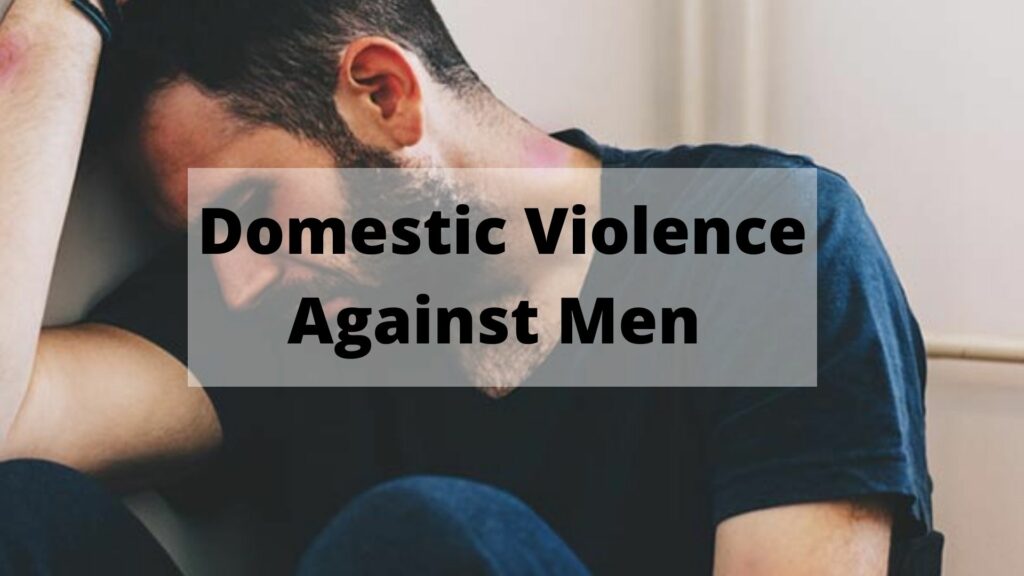Men abuse, also known as domestic violence in men, is a serious issue that many people do not know about. It does happen though. One of the most common reasons why domestic violence occurs in heterosexual relationships is because one person feels like they are more dominant or superior to the other partner. This often leads to physical abuse and emotional manipulation tactics to keep control over their partner.
Jan Brown, executive director and founder of the Domestic Abuse Helpline for Men, states, “Domestic violence is not about size, gender, or power”. It’s about abuse, control, and power, as well as getting out of dangerous circumstances and seeking treatment, whether you’re a woman who has been abused or a guy who has been mistreated.
Contents
What Is Domestic Violence?
Domestic violence refers to a wide range of violent behaviors perpetrated by one family member or household member against another. It usually refers to the mistreatment of a kid or spouse. It can entail not only physical harm, but also threats and verbal, psychological, and sexual abuse. The relationship between the abuser and the victim is the most important distinction between domestic violence and more general assault offenses.
If you’re a guy in an abusive relationship, you’re not alone. Men abuse happens far more frequently than many people realize, whether in heterosexual or same-sex partnerships. It affects men of all backgrounds and professions, including those who are elderly or unemployed. According to statistics compiled by researchers, one in three victims of domestic violence is male. Men are hesitant to come forward because they feel embarrassed. They don’t trust that the authorities will listen to them, or fear their partner will exact revenge on them.
Domestic Violence can be difficult for both men and women, but there are some differences when it comes to male victims of domestic violence:
- Because of social conventions that promote the idea that “men should never hit a woman,” males may be ashamed or embarrassed.
- Many women are hesitant to seek help because they may be fearful of what their abusive spouses will do if they speak out about it.
- They may be unwilling to jeopardize their family balance by adding more conflict between spouses, children, and other relatives who live at home.
- Stigmas may also impact how men respond to domestic abuse if they are LGBTQIA+ or even incarcerated individuals.
- When people who have been subjected to abuse seek help, they may be directed to an abuse shelter, but these facilities generally do not enable men to stay.
- It may prevent them from escaping the abusive relationship and lowering their chances of returning for help.
Recognizing Abuse Against Men
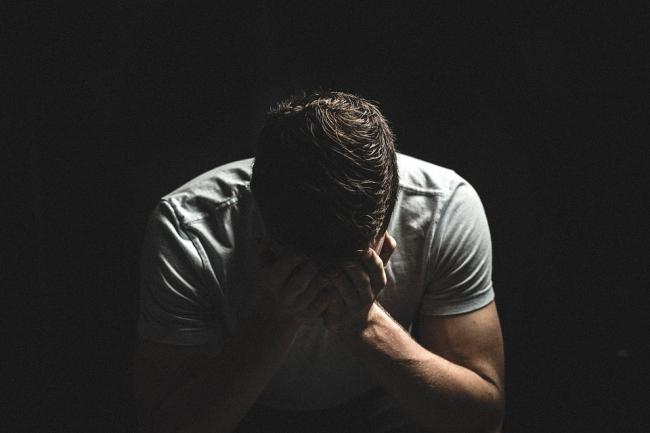
Domestic violence against men is often identical to domestic violence against ladies, according to Brown. “It may take the form of bodily abuse, emotional torment, verbal abuse, or financial persecution”, she adds.
As with domestic violence against women, male abuse might imply that a partner or spouse will:
- Withhold approval, appreciation, or affection as punishment
- Criticize, name call, or shout
- Take away your car keys or money
- Threaten or force you to leave regularly
- Threaten to harm you or a member of your family
- When they are angry, they punish you by keeping your children away
- Threaten to kidnap the children if you leave
- Abuse or hurt your pets
- Harass you about affairs your spouse imagines you are having
- Manipulate you with lies and contradictions
- Break appliances, destroy furniture and punch holes in walls.
- Wield a gun/knife in a threatening way
- When upset, hit, kick, shove, punch, bite, spit, or throw things.
Why Men Don’t Leave Abusive Relationships?
This is a question that is frequently asked. The simple answer to this question, as stated here, “Why men don’t leave abusive relationships?” Domestic abuse in men is generally unreported or undiscussed for a variety of reasons, according to data.
You may feel that you have to stay in the relationship because:
- If your religious convictions tell you to stay, or if your self-esteem is so low that you believe this abusive relationship is all you deserve,
- There aren’t enough resources. Many men are concerned that the authorities will doubt their allegations or that their abuse would be minimized because they’re male, and there aren’t many resources dedicated to assisting men who have been assaulted.
- You’re in a same-sex relationship and haven’t told your family or friends yet, and you’re afraid your partner will out you.
- You’re in denial. Denial is the same as it is for female domestic violence victims, which means that letting things continue will just prolong your suffering. You may still care about your partner even if they aren’t abusive and believe they will change or that you can assist them. Change can only occur once your abuser accepts responsibility for their actions and seeks professional assistance.
- You want to safeguard your children. You’re concerned that if you go, your spouse will mistreat or prevent access to your kids. Fathers might find raising children alone to be a difficult task, but even if you are certain you can do it, the prospect of raising them alone may still overwhelm you.
How To Protect Yourself from Men Abuse?
Domestic violence and abuse can have a detrimental impact on both your physical and mental health. The first step in defending yourself and stopping the abuse is to speak out. Talk with a friend, family member, or someone else you can trust, or call a domestic violence helpline.
Admitting a problem and seeking help does not imply you are a failure as a man or spouse. You are not to blame, and you are certainly not weak. Sharing information about your abuse may also be the first step in establishing a case against your abuser, as well as offering comfort and support.
When dealing with your abusive partner:
- Leave if possible.
- Take precautions if you’re living with a partner who may become violent at any moment.
- Be in preparation to flee immediately if you detect any warning signals that your spouse might get violent.
- If you must remain to protect your children, call the police. Like a female victim, you are entitled to protection from the cops.
- Never retaliate. An abusive partner may attempt to invite you to respond or use physical force to get free of the scenario.
- If you retaliate, you run the risk of being arrested or evicted from your home.
- Get evidence of the abuse.
- Report all incidents to the cops and get a copy of each police report.
- Keep a diary of all abuse, including dates, times, and any witnesses, as well as a photographic record of your injuries.
Don’t Take the Blame
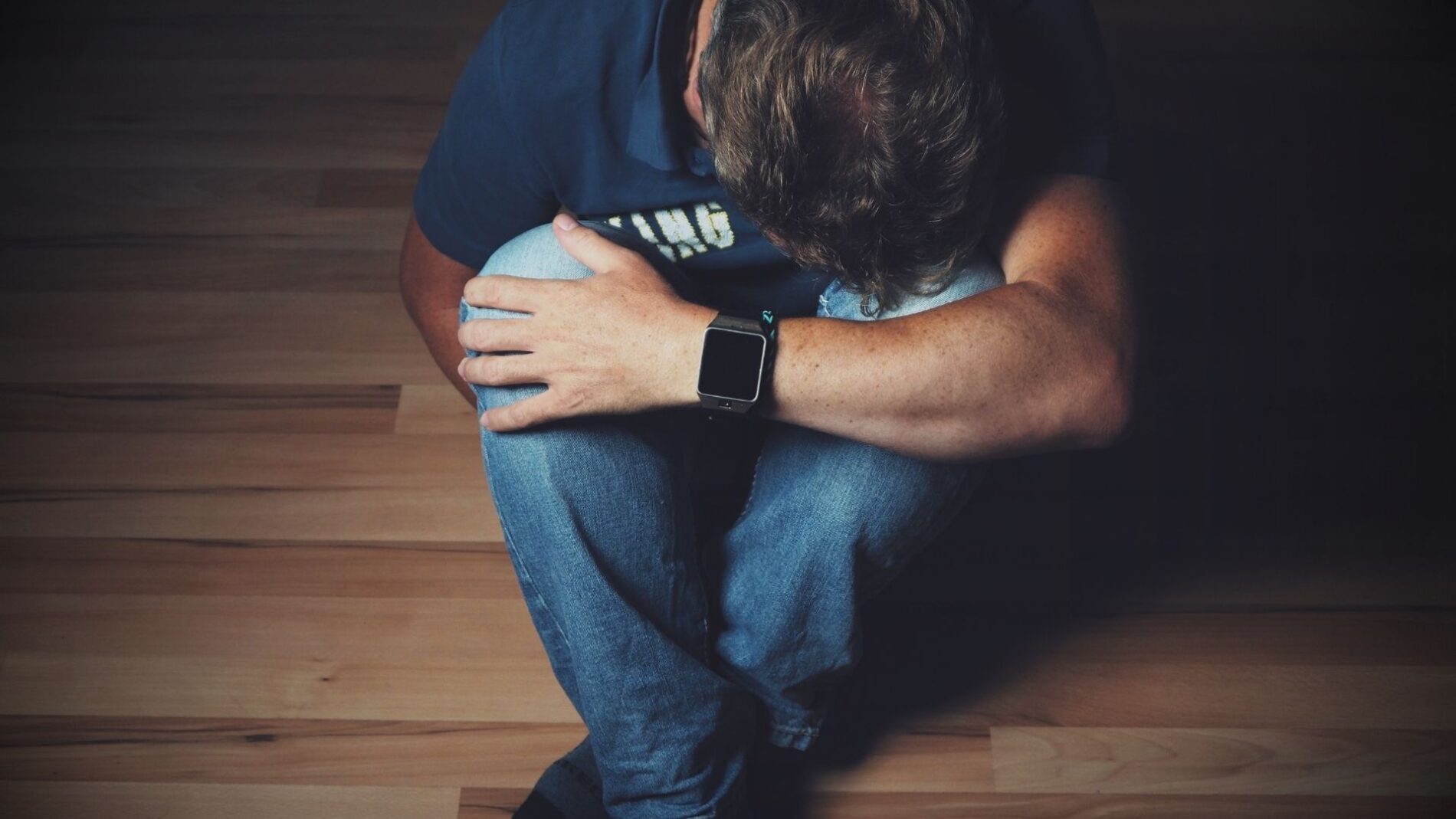
You may not know whether you’re the one being abused or the one doing the abuse. It’s typical for people who have been subjected to domestic abuse to verbally and physically react against their partner, shouting, pushing, or striking him or her during altercations. The abuser may exploit such events by implying that they show that you are the abusive spouse.
You might have acquired unhealthy habits. Many victims, to be honest. That doesn’t imply you are at blame for the abuse.
Create A Safety Plan
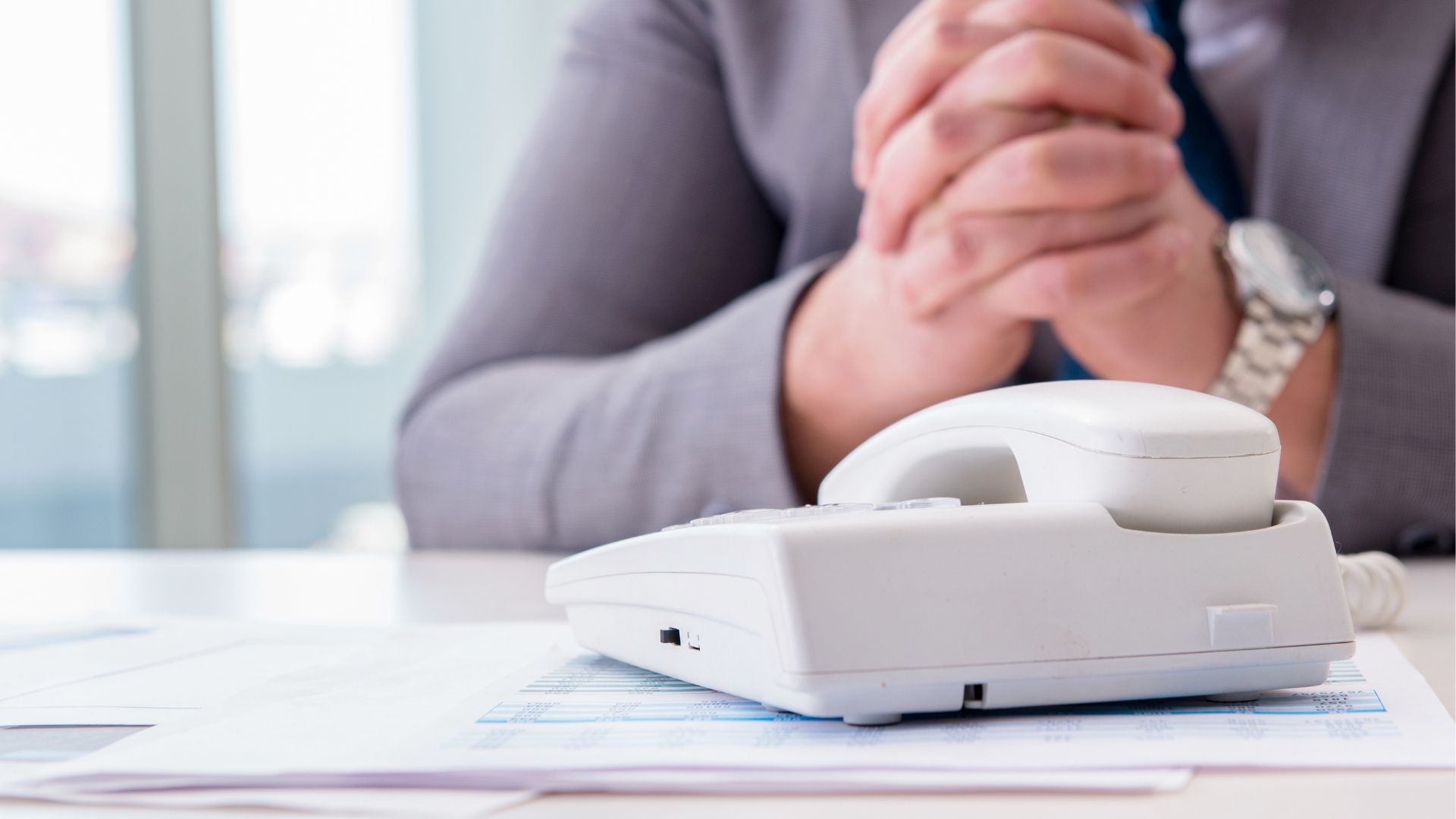
It is dangerous to leave an abuser. Take these measures into account while leaving an abusive relationship:
- Call a domestic violence hotline for advice. Make the call when the abuser is not there, or from a friend’s residence or another secure location.
- Pack an emergency bag that includes items you’ll need when you leave, such as extra clothes and keys. Leave the bag in a safe place. Keep vital personal papers, money, and prescription drugs with you at all times so you may take them with you on the spur of the moment.
- Know where you’re going and how you’re going to get there.
Protect Your Communication And Location
Technology may be used by an abuser to monitor your phone calls and online interactions, as well as your physical location. If you’re concerned for your safety, get help. To preserve your privacy,
- Use phones cautiously. Your abuser may catch your phone calls and read your conversations. He or she might use caller ID, check your phone’s records for all of your calls and text messages, or employ a hacker to access them.
- Use your home computer cautiously. Your abuser may have installed spyware on your computer to log your emails and the websites you visit. To seek assistance, use a workstation, a library terminal, or a friend’s PC.
- Remove GPS devices from your vehicle. GPS implants, cell phone tracking software, and even police enforcement are all possible ways that your abuser may discover where you are.
- Frequently change your email password. Make sure the passwords you choose are difficult to predict
- Clear your viewing history. Follow the instructions in your browser to erase any records of sites or pictures you’ve seen.
Where to Seek Help?
Call the local emergency number or a law enforcement agency in an emergency. The following materials might also be useful:
- Someone you trust. Turn to someone you can trust, such as a friend, family member, neighbor, coworker, or spiritual or religious leader.
- Your health care provider. A doctor or nurse will usually treat injuries and might direct you to other nearby resources if necessary.
- A counseling or mental health center. In most areas, there are counseling and support groups for those who have been involved in abusive relationships.
- A local court. In your county or superior court, you can get a restraining order that orders the abuser to refrain from contacting you and/or face arrest. Local advocates may be able to assist you through the procedure.
Domestic violence against men can have serious consequences. Although you may not be able to change your partner’s abusive behavior, you may get help. Keep in mind that no person has the right to be assaulted.
Moving On From An Abusive Relationship
Family and friends, as well as therapy, counseling, and support groups for domestic abuse victims, can assist you in moving on from an abusive relationship. You might be sad or numb, alienated from other people, and unable to trust them. It may take a while to get over the pain and unpleasant memories of an abusive relationship, but you can mend it and move on.
It’s never too late to take things slowly, even if you’re ready to start dating again and get the closeness and support you’ve been lacking. Make sure you know what red flag behaviors to look for in a potential new partner so you can create healthy, new relationships.
Help Someone In Domestic Violence Against Men
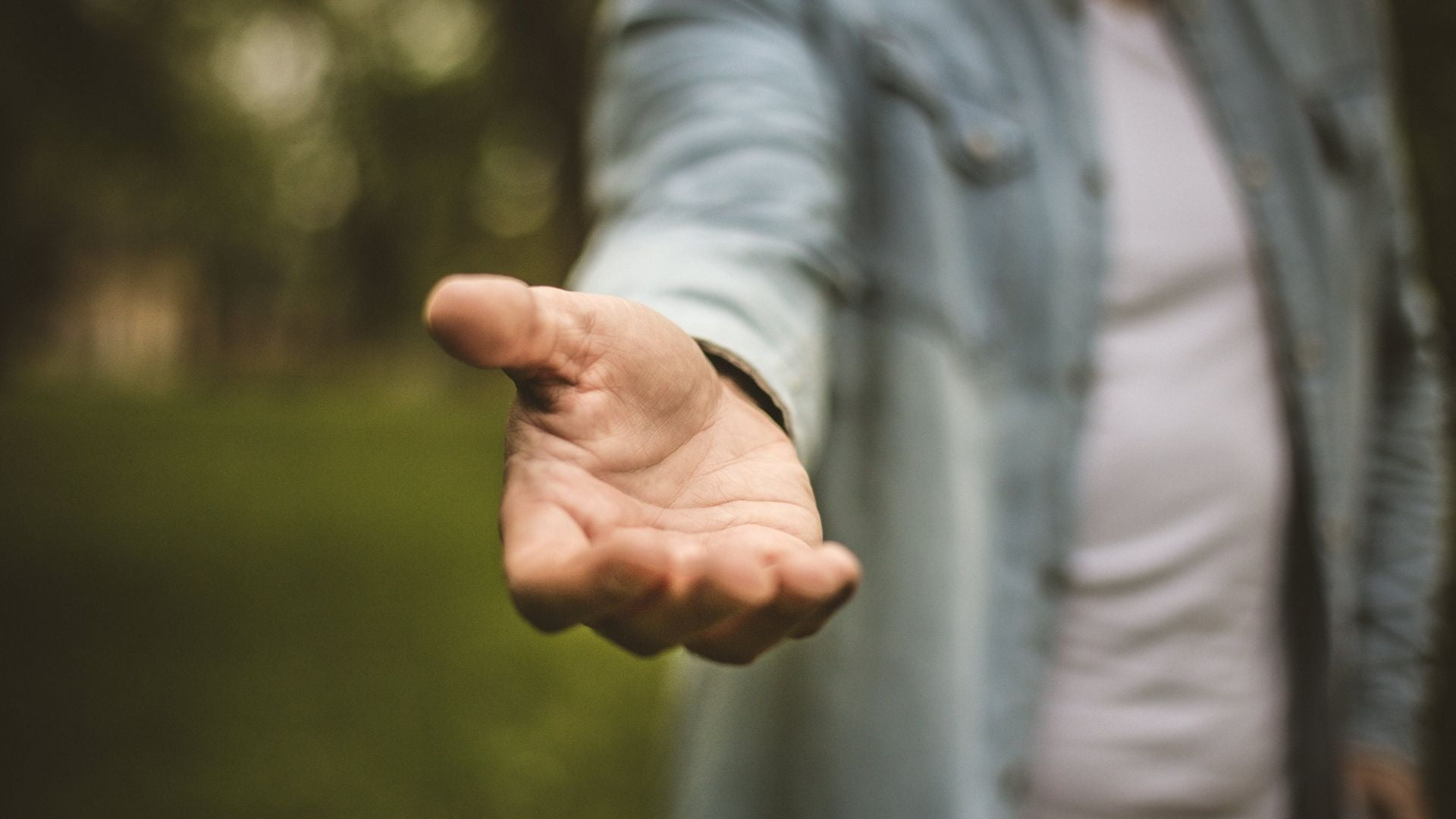
If you are a man who’s experiencing domestic violence, know that there are people out there to help. Remember: it may not be your fault if you’re in an abusive relationship and the only way to stop this behavior once and for all is by speaking up about it. Don’t let social norms prevent men from getting the help they deserve – talk to someone right now so that these violent patterns can finally come to an end.
Make sure next time you face abuse or suspect someone else might be facing abuse, don’t hesitate! There are resources online today for anyone seeking advice on how to protect themselves against abusers as well as those looking for support after their suffered any form of physical harm at the hands of someone they trusted.
It may not be your fault, and there is help available! Don’t hesitate to seek it out today.
Conclusion
Men are also victims of domestic violence. A study has found that 1 in 3 men have been assaulted by a partner and 30% of them reported suffering from severe physical abuse, such as being beaten with fists or threatened with weapons. This is not to say women can’t be aggressive too – they certainly can – but it may just come out differently than what we typically see in male-to-female cases: more slapping and pushing rather than beating up their partners. And if you think this doesn’t happen often enough to warrant attention, consider these statistics: two million American men will suffer some form of intimate partner violence every year; one-third will experience a severe physical assault by the partner.
For more information, please contact MantraCare. Abuse is a serious and harmful behavior that can cause physical, emotional, or psychological harm to a person. If you have any queries regarding Online Counseling experienced therapists at MantraCare can help: Book a trial Online therapy session
